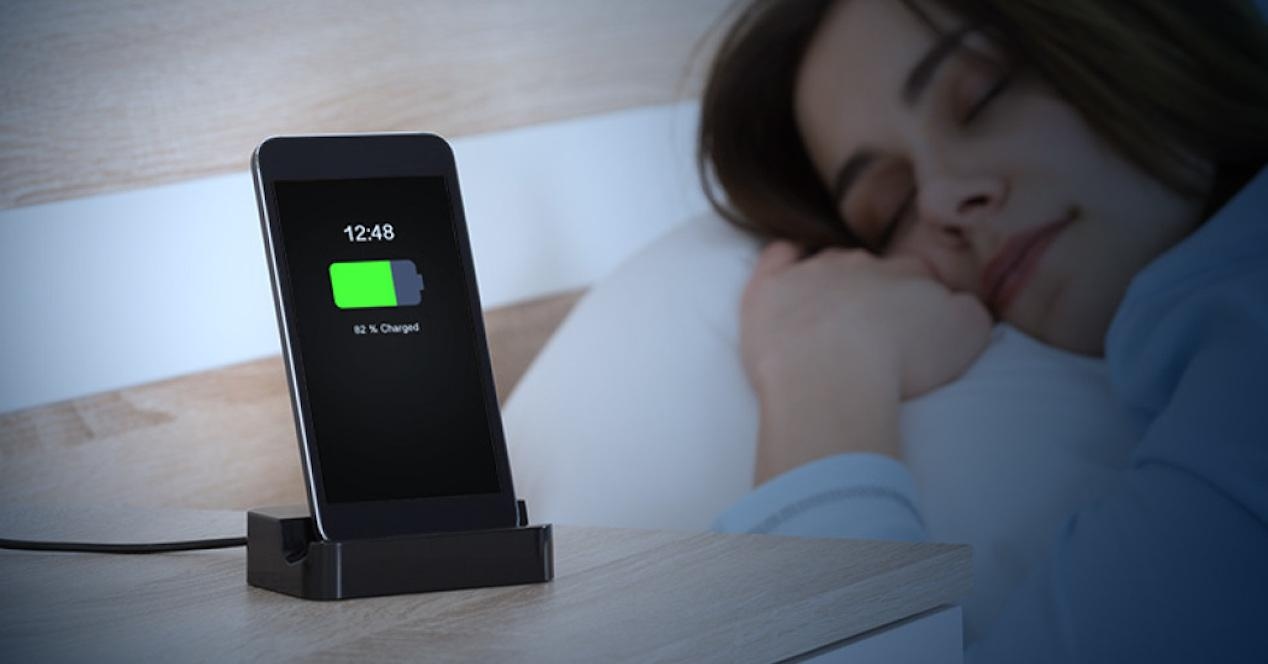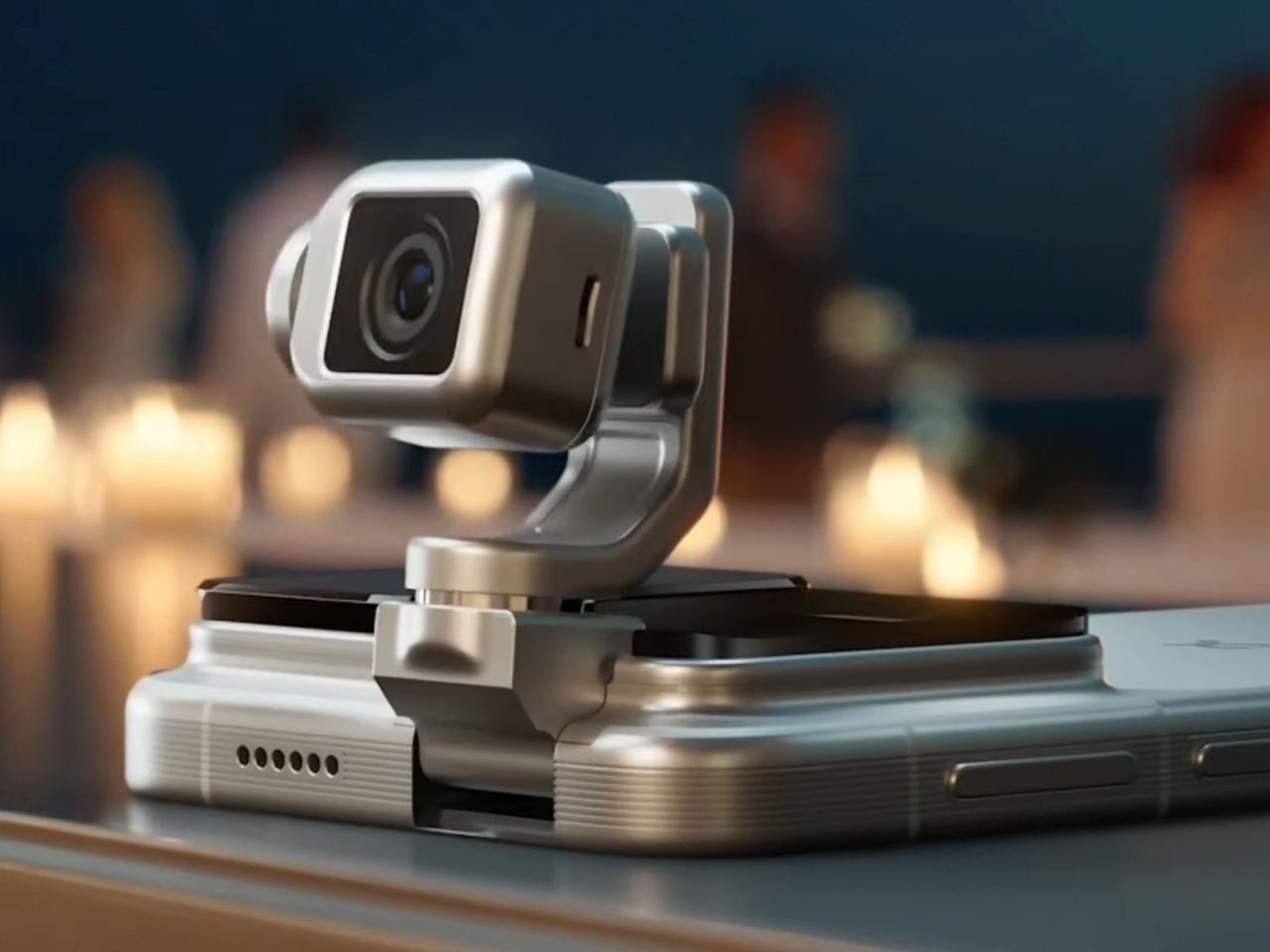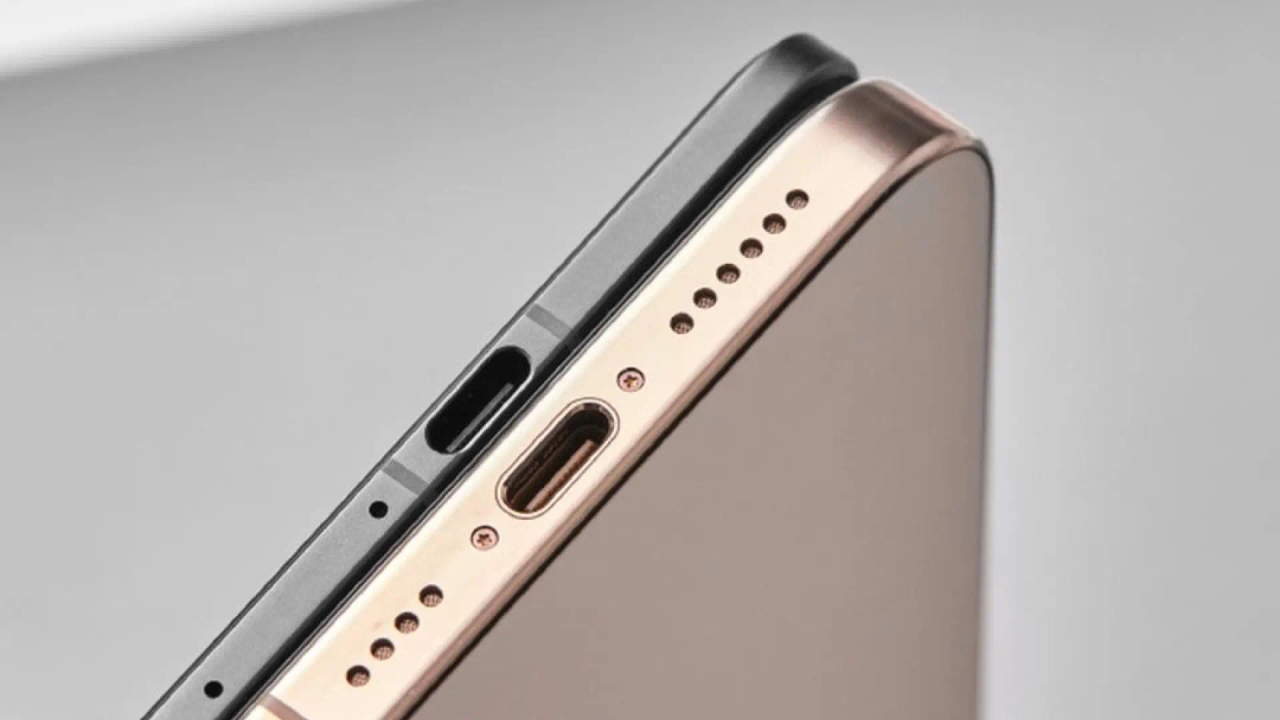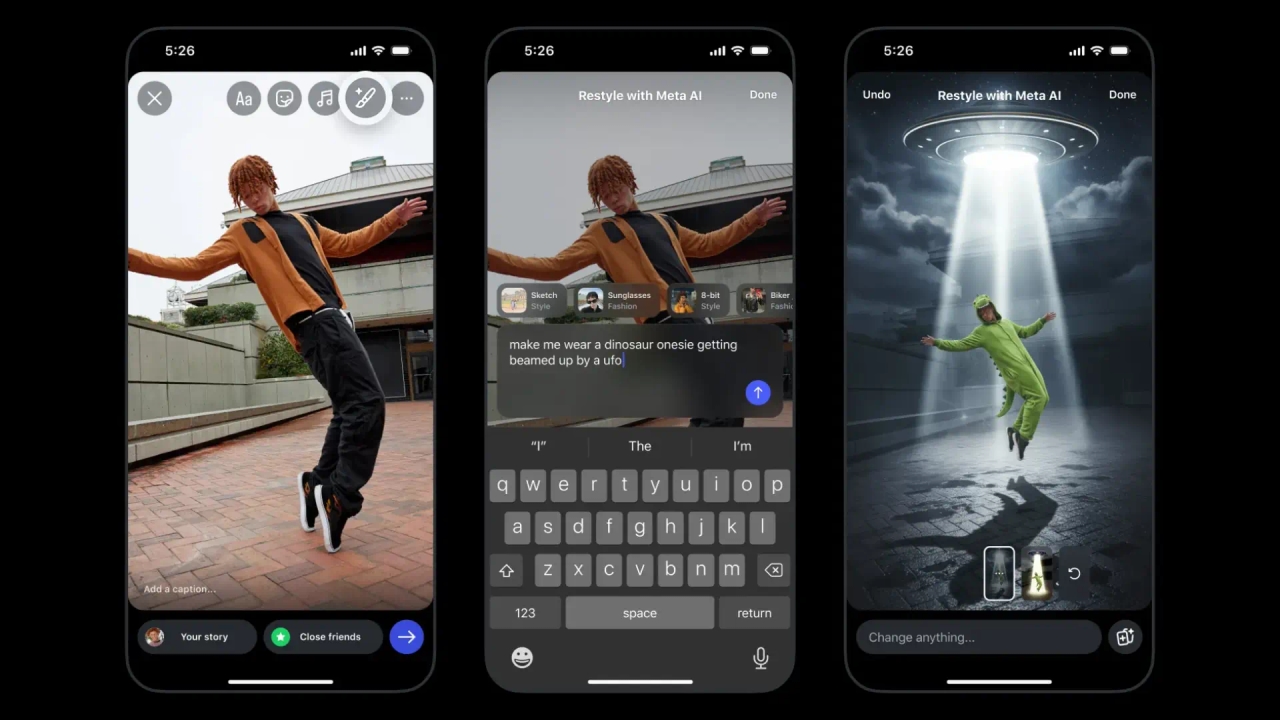Is it dangerous to leave cell phones plugged in overnight?

Leaving your cell phone plugged in overnight is a common practice for many people, but questions arise about whether this can damage the device, increase the risk of fire, or affect the battery in the long run. Although modern smartphones feature advanced protection systems, there are important considerations every user should be aware of to keep their device safe and in good condition.
Most current phones use lithium-ion batteries , which have specific characteristics:
- Fast charging at start and slowing down when approaching 100%.
- Internal protection that stops charging once the battery is full.
- Limited charge cycles: Each battery has a limited number of full charge cycles before its capacity decreases significantly.
These batteries mean that, in theory, leaving your phone plugged in overnight doesn't pose a serious risk. However, factors such as temperature, battery condition, and the charger used can affect long-term safety and performance.
Although modern devices include security mechanisms, leaving your cell phone plugged in for many hours can have some implications:
- Overheating: The battery may become hot if the phone is covered by pillows or blankets, increasing the risk of damage.
- Battery Drain: Although smart charging systems keep the current flowing, constantly keeping your phone near 100% can reduce battery life over time.
- Low-quality chargers: Using uncertified or imitation chargers can cause overheating or, in extreme cases, electrical fires.
Therefore, it is not only night charging that creates risk, but also the conditions under which it is carried out and the accessories used.
To minimize risks and extend the life of your smartphone, consider these tips:
- Use original or certified chargers: Avoid generic adapters that don't meet safety standards.
- Avoid covering your phone while charging: This allows heat to dissipate and reduces the risk of overheating.
- Charge on hard, ventilated surfaces: Never charge on a bed or cushions.
- Turn on optimized charging if your phone allows it: Some devices stop charging at 80% overnight and complete the charge at 100% just before you wake up.
- Don't charge while playing games or using power-hungry apps: This can raise the temperature and damage the battery.
There are many myths surrounding leaving your cell phone plugged in all night, such as that it can explode or that the battery will "swell" immediately. The reality is that these situations are extremely rare and usually related to defective batteries or poor-quality chargers. Modern batteries are quite safe if used correctly, although they can degrade more quickly if they are always kept at full charge.
If you notice any of these symptoms, it's time to check your battery or charger:
- Excessive heating during charging.
- The battery drains very quickly after being charged to 100%.
- The phone turns off unexpectedly with sufficient battery.
- Appearance of bubbles or deformations in the battery (in models with removable battery).
Leaving your phone plugged in overnight isn't inherently dangerous thanks to the protection systems on modern smartphones, but it's not without risk if factors such as poor-quality chargers, high temperatures, or overuse of the device while charging are combined. Adopting good practices, such as using certified chargers, keeping your phone on ventilated surfaces, and taking advantage of optimized charging, helps protect both your safety and the battery's lifespan. With these precautions, charging your phone at night can be safe and convenient, avoiding unpleasant surprises and ensuring your device is ready for the next day.
La Verdad Yucatán






